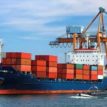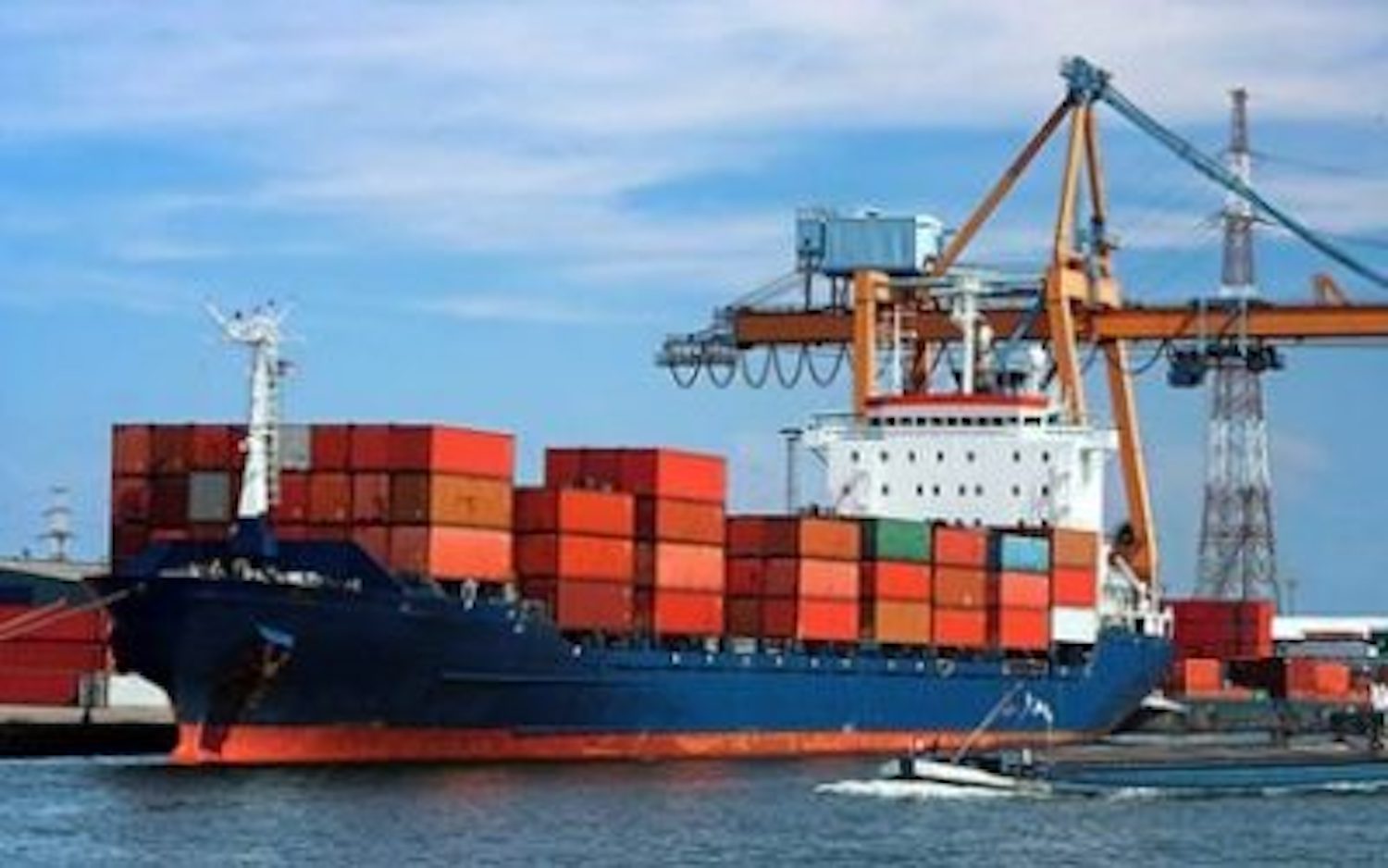By Godfrey Bivebere and Providence Adeyinka STAKEHOLDERS in the maritime industry have indicated that the industry was ready to absorb th...


By Godfrey Bivebere and Providence Adeyinka
STAKEHOLDERS in the maritime industry have indicated that the industry was ready to absorb the imminent shock from global energy
The stakeholders’ position is contained in a communiqué from the one day maritime symposium in honour of Greg Ogbeifun’s 70th birthday tagged “The Establishment of A Nigerian Global Trading Fleet” held virtually.
They noted that with the opportunities in global trade, showing a spike in value – from $6.45 trillion in 2000 to $19 trillion as of 2019, giving priority to maritime transportation and treating the sector as a key economic driver will greatly benefit the nation’s economy.
READ ALSOStevedores, terminal operators open negotiations on rates review
They pointed out that “much of what we use and consume in our everyday lives either has been or will be transported by sea, in the form of raw materials, components or finished articles. Whether through export or import, wet or dry cargo, having several of Nigeria’s sea-going fleet will bring numerous attending benefits to the nation’s economy and its people.”
The communiqué highlighted that the Nigerian Bureau of Statistics, NBS, Nigeria’s total merchandise trade (import and export) for 2019 stood at N36.1 billion out of which the maritime transport component accounted for N33.7 billion representing 97 per cent.
“This is a huge potential for the economy of the country. In spite of the huge potential, no Nigerian flagged vessel carried cargoes of the nation’s merchandise trade in the last 10 years.
“Despite its contribution to agriculture, energy, manufacturing, and other identified key sectors, the maritime sector is not recognised as a key economic driver, thus missing out on very vital interventions from the government which other key sectors enjoy. This is contrary to international practice as done by other maritime nations.
“There is an urgent need to drive the Nigerian maritime sector as a national development initiative whereby incentives, tax waivers, and zero import duties are applied, just as aviation and a couple of other key economic drivers are known for.”
The post Maritime transport potential enough to absorb energy shock for Nigeria appeared first on Vanguard News.

No comments